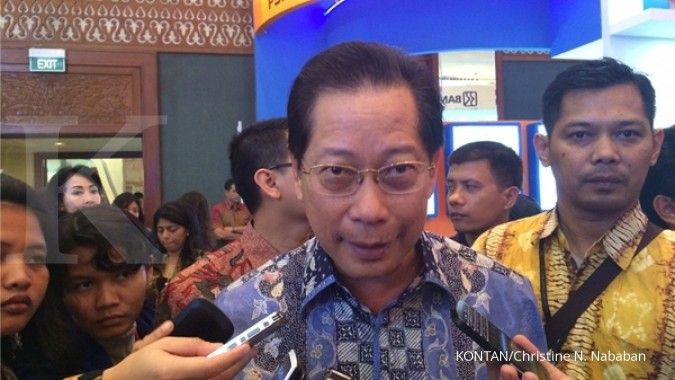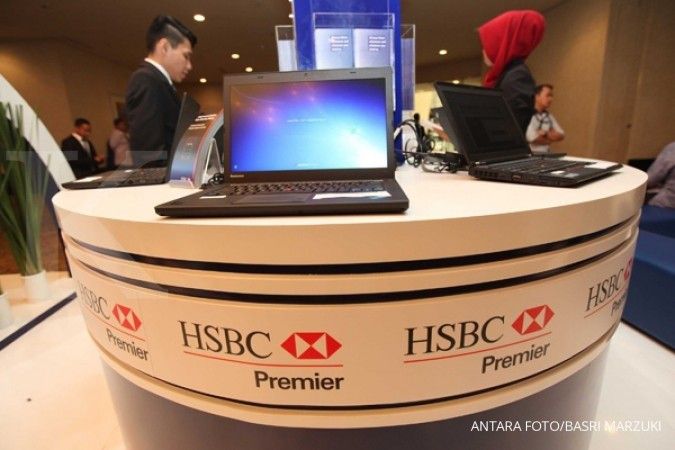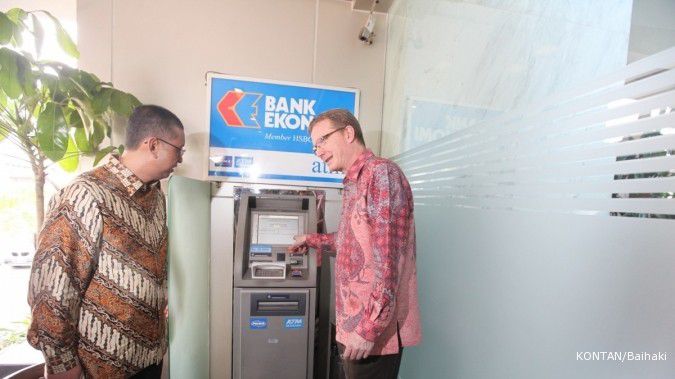JAKARTA. London-based lender HSBC expects to wrap up the integration of its Indonesian branch and local subsidiary Bank Ekonomi by 2017, according to its executive.
HSBC Indonesia country manager and CEO Sumit Dutta said on Tuesday that the integration was ongoing and that the whole process could take 18 to 24 months to complete.
“We have gained the OJK’s [the Financial Services Authority] approval for the integration and will be the first foreign bank to integrate its branch with its local subsidiary,” he said.
Dutta added that the move also reflected its compliance with a single presence policy that was issued by Bank Indonesia (BI) in late 2012.
The policy requires a controlling shareholder in more than one bank to consolidate its ownerships by either merging the banks, forming a parent company or establishing a holding firm.
Exceptions are only allowed for joint-venture or sharia banks.
HSBC has a 98.94 percent stake in Ekonomi at the moment, while private lender Bank Central Asia (BCA) has 1 percent and the public holds the remaining 0.06 percent.
It is now in the process of removing Ekonomi from the Indonesia Stock Exchange (IDX), making it a privately owned bank. Ekonomi’s shares — traded under the code “BAEK” — have been put on suspension by the IDX since Feb. 17.
According to a recent announcement issued by the bourse, HSBC states that it is looking to purchase public shares within the small-sized lender for roughly Rp 17.18 billion (US$1.3 million) or Rp 10,000 per share. The tender offer for the share purchase is scheduled to take place from June 5 to July 4.
Dutta confirmed that the new entity that emerged after the integration would be a locally incorporated (PT) firm.
“We haven’t decided how we will do it [the integration]. We will seek guidance from the OJK and others in terms of how we do it, but ultimately, we’ll become a PT,” he said, insisting that the decision demonstrated its long-term business commitment to Indonesia.
He acknowledged that as a foreign branch, HSBC currently has easy access to capital that is provided by its headquarters, something that the new entity will not enjoy.
He said that HSBC was committed to bringing in new capital to boost the new entity’s capacity, but did not disclose details on the amount of money to be injected.
Data from Ekonomi show that it had Rp 2.97 trillion in tier-1 capital by March, putting it among BUKU II lenders with tier-1 capital of between Rp 1 trillion and Rp 5 trillion.
As a BUKU II bank, Ekonomi is allowed to sell mutual fund products, carry out plain vanilla derivative transactions and offer export-import financing using letters of credit.
However, it is barred from securitizing its assets, becoming a custody bank or conducting trustee business.
Meanwhile, HSBC Indonesia had up to Rp 18.48 trillion in total capital by the end of the first quarter, as revealed by its financial report. However, its capital calculation differs from that of conventional banks due to its status as a foreign branch.
Contrary to Ekonomi, HSBC’s business portfolio is heavily dominated by global banking and wealth management activities.
Dutta said that HSBC had not come up with a new business model, but said that its priority was making sure that both banks’ customers get advantages from the integration.
“Instead of presence in six or seven cities, HSBC customers will enjoy presence in 30 cities. For Bank Ekonomi’s customers, they will get many other products,” he said. (Tassia Sipahutar)
/2014/10/09/1726111170p.jpg)












